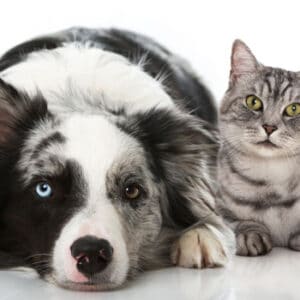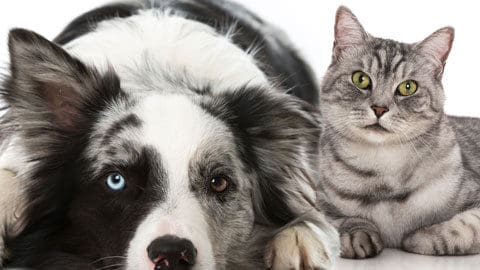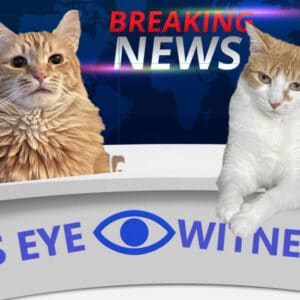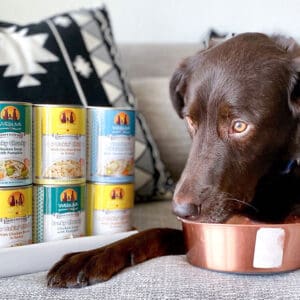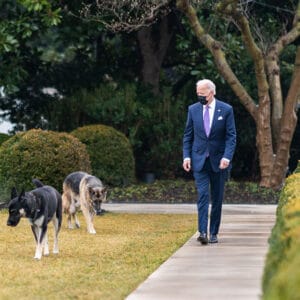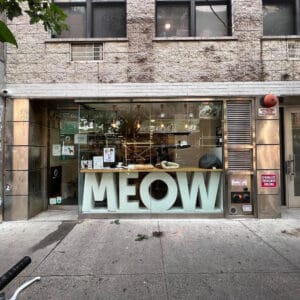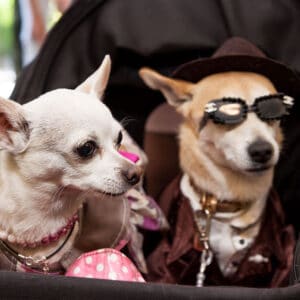When I say “Do not ignore dog vomit” I don’t mean “just step over the mess and hope someone else cleans it up!” I mean consider it a possible sign of a serious physical problem. Ignore it at your peril. I recently survived two medical emergencies with my 10-year-old Weimaraner Maisie. The reason we dodged… Read more »
